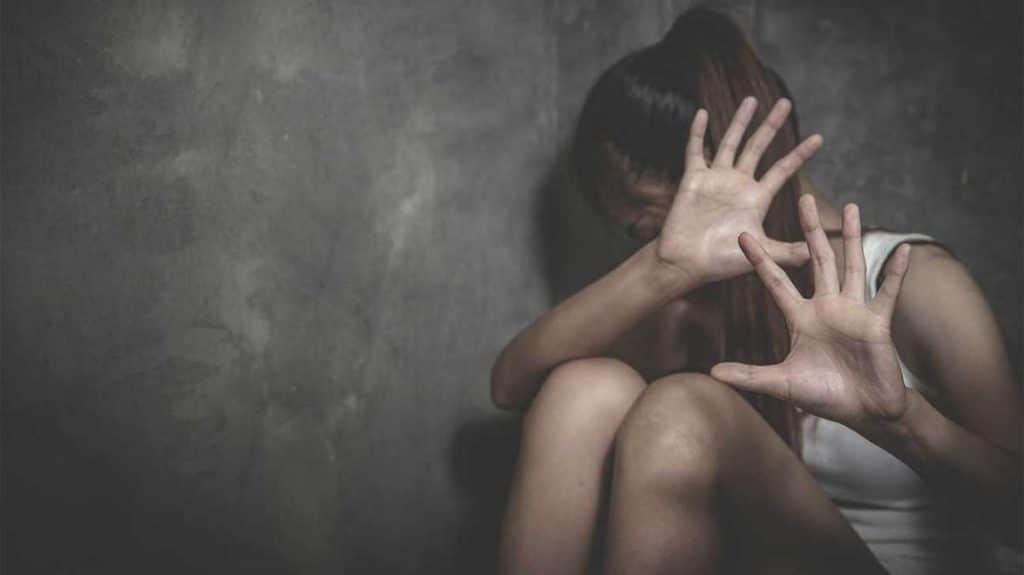Your lawyer will carefully scrutinize the evidence in your case, raising issues like eyewitness misidentification as one cause for wrongful convictions or poor lighting, intoxication or brief encounters that could weaken DNA and rape kit evidence.
Your attorney will devise an aggressive defense strategy designed to cast reasonable doubt in the minds of both judge and jury, especially when an accused has an alibi supported by video footage, eye witnesses or other forms of evidence.
Initial Investigation
Your lawyer and the police will conduct an exhaustive investigation, interviewing witnesses and gathering evidence. It may be that this initial probe will yield exculpatory material that exonerates you оf any offenses. The lawyer firm fighting sexual assault charges will play a crucial role іn this process, ensuring a thorough and strategic investigation.
The Crown must establish your guilt beyond any reasonable doubt, while an effective defence should find ways to expose holes in their case through investigation and cross-examination. An effective approach should not aim at discrediting witnesses but instead highlight inconsistencies or issues in their memory and perception.
Defense teams usually conduct an analysis of an accuser’s behaviour and statements leading up to and following an alleged rape, in order to create a timeline. Furthermore, expert testimony may be utilized as part of their defense to refute prosecution evidence or offer alternative explanations for evidence found at trial.
One popular defense to sexual violence allegations is that the alleged victim misidentified the perpetrator. Unfortunately, this can be difficult to establish as every survivor interprets sexual violence differently and many sufferers of trauma also experience symptoms that impede memory retention and processing of information.
Another defense option is claiming the encounter was consensual. While this argument may sound convincing, law states that consent must be informed, affirmative and voluntary – and other factors like grudges, blackmail or mental instability could make the act involuntary and therefore illegal; any defence must provide proof for their claims to stand.
Plea Agreement
Pledging guilty in criminal court to sexual assault may seem like an easy way out, with lessening potential jail time without incurring substantial financial and professional repercussions, but doing so may backfire on them in other ways, especially when applying for employment or housing. Furthermore, admitting guilt in criminal court could be used against them in civil lawsuits filed by victims seeking financial damages from them.
Plea agreements allow defence attorneys to exchange reduced charges for reduced penalties, in order to circumvent lengthy trials that require many witnesses and resources, while simultaneously lightening the burden on both court systems and defendants who often have limited finances.
Experienced defence attorneys can carefully scrutinise all evidence and police reports to identify gaps or discrepancies that weaken the prosecution’s case, such as errors in chain of custody or improper storage of physical evidence like DNA samples and medical records.
Defense counsel may attempt to disprove an accuser’s credibility by investigating their character and reputation, including any prior behavior or statements they’ve made relating to the allegations against them. They can also examine timeline of events for discrepancies or anomalies within victim accounts of what took place.
Trial
An accused may opt to accept a plea bargain or go to trial, depending on their personal preferences and needs. Should they decide on trial, however, it is essential they hire a good defense attorney as early as possible – ideally prior to authorities issuing official charges – who can assess all evidence and create a personalized strategy tailored specifically for each client’s circumstances.
Sexual assault defense lawyers’ primary goal should be establishing innocence for their client. They may use text messages, phone call logs, Facebook check-ins and credit card receipts as evidence that could create reasonable doubt and help prove innocence for the accused person. They’ll also carefully analyze an accuser’s testimony and poke holes into it as needed without inflicting harm; for instance if she is perceived as lying by poking holes into it this could cause even greater suspicion surrounding the entire case.
If a case goes to trial, both sides will make opening statements and present evidence before witnesses testifying and being cross-examined before closing arguments are given and then deliberate before reading a verdict. It can be an overwhelming experience for survivors; therefore it is vitally important that they have support from friends and loved ones during this process.
Cross-Examination
If a survivor opts to pursue prosecution, they will go through a preliminary hearing to ascertain if there is enough evidence for their case to continue and go to trial. While survivors may feel like no one believes them and their assault did not occur, it’s also possible that Crown can drop all charges if there is not sufficient proof beyond a reasonable doubt.
Once a witness testifies, their defense attorney will cross-examine them to seek any inconsistencies, gaps or holes in their testimony as well as uncover any bias or motive the accuser may have for making false reports.
Defense counsel may present evidence for their client’s alibi at this point. They might present documents such as flight tickets, hotel receipts and credit card records showing they were elsewhere that day; or offer the testimony of witnesses who can vouch for them.
Based on the circumstances, defense counsel may employ expert witnesses to question the prosecution’s case and examine any reports made by accusers that could indicate fraudulence or dishonesty, as well as evidence supporting not guilty by reason of mental incapacity or insanity.
